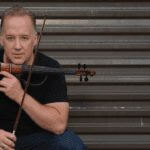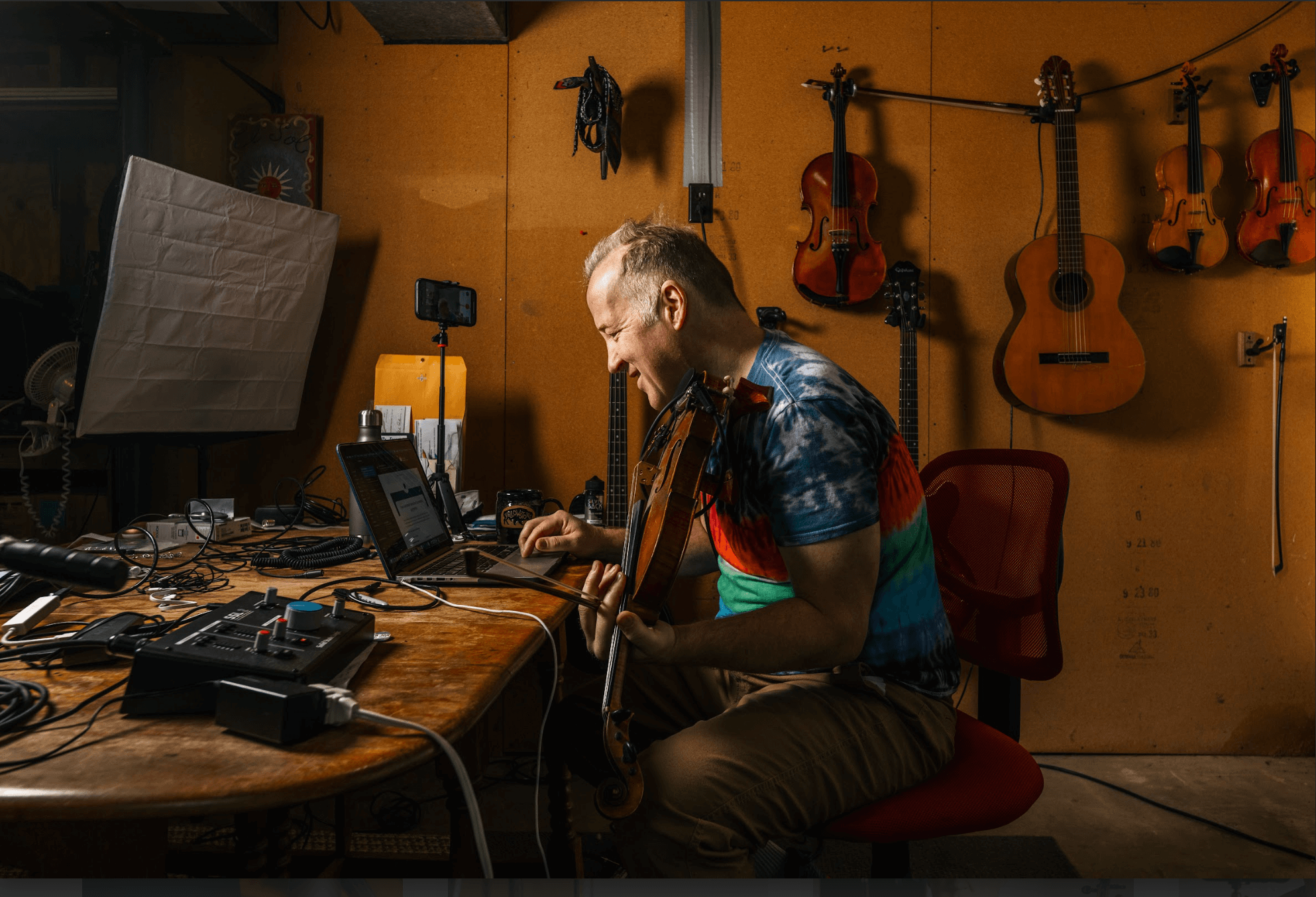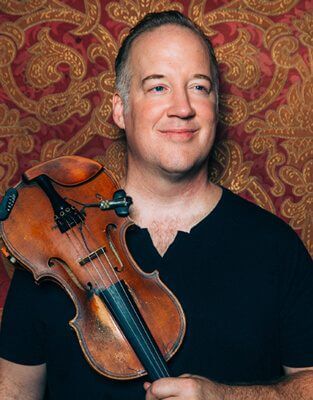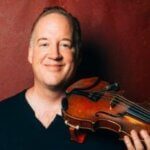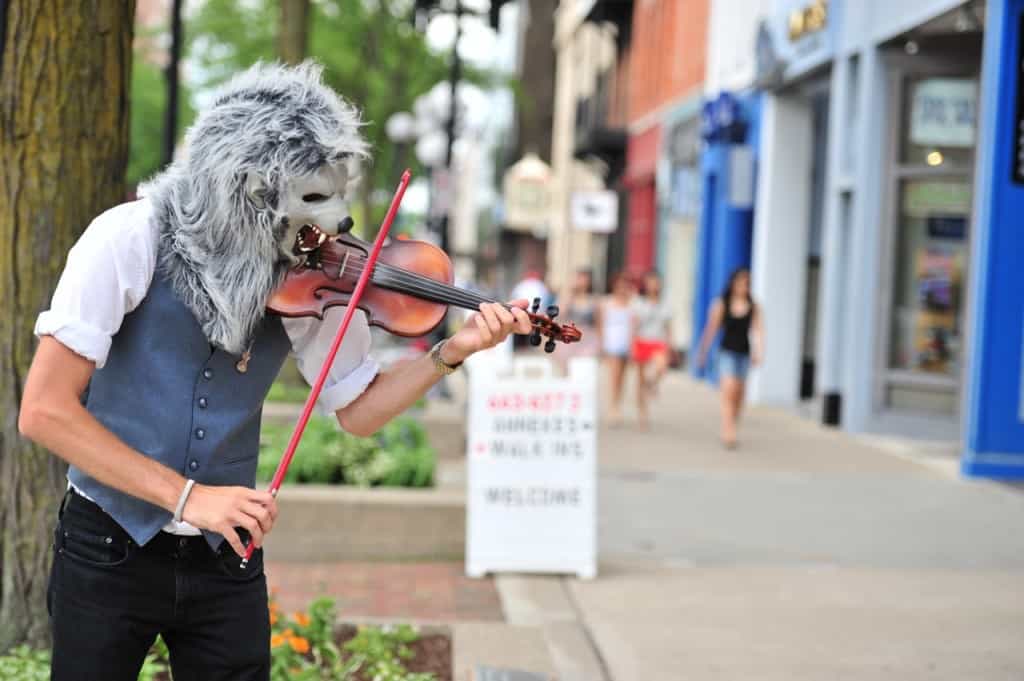
Violin Monster makes a living playing violin in a halloween mask. See the video below
Legendary jazz drummer Billy Hart once told me, “You’re more than good enough to be a star.”
Just before he said that I had asked him, “What should I be working on to improve?”, thinking that if I could just become “good enough,” somehow this would translate into success as a jazz violinist.
In retrospect, I now understand his answer to mean that any artist, given a baseline of talent (i.e. “good enough”) can create a successful career, provided that he or she hustles hard enough (doing promotion, sales, marketing, networking, etc.)
You’re probably more than good enough to turn your craft into a living.
You don’t have to be a super advanced player to succeed. But you do have to work hard, and creatively, to build your audience, find your niche, and make a living playing music.
Violin Monster isn’t necessarily a virtuoso, but he’s paying his rent playing the violin, and it seems like he’s having fun doing it.
Regardless of the style of music he plays, Mr. Monster fits my definition of a “creative string player,” because of the clever way he interacts with his community and makes a living making music.
How often do you hear people complain about how their community isn’t cool enough to “get” what they do?
Like teachers, doctors, lawyers, we can create a demand for what we do as performing artists. We can’t and we shouldn’t expect to count on the “stability” of an orchestra job.
Being good isn’t good enough.
It’s not enough to be good at playing music. Most artists believe that if they’re good enough, success will fall in their lap. This amounts to a fundamental misunderstanding of the way the world works.
Philosophers and historians have argued that major historical changes can only occur through a confluence of ready-made socio-economic/material conditions with the bold actions of visionary individuals. See Noam Chomski, Karl Marx and Georg Hegel.
Consider the emergence of any major religion, World War 2, the Civil Rights movement, and the Arab Spring. All of these events involved not only the change in both popular thought and material conditions, but also the drastic action of strong-minded individuals which helped to create a Tipping Point.
To create your tipping point 1) take drastic action and 2) do it within a community that has the minimum necessary conditions to support/receive your efforts.
As I always say, living on a mountaintop with goats does not a jazz violinist make, and even if you live in a booming cultural mecca, it may take time to generate the reception you’re hoping for if you’re presenting a new heavy metal string quartet.
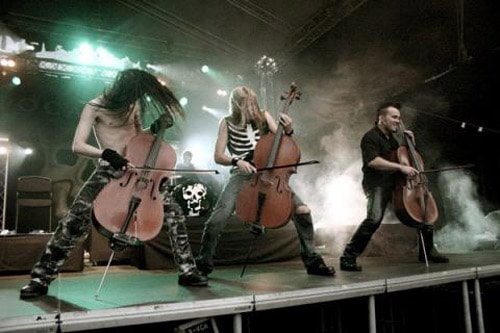
Building your brand may take time.
So exactly how big/diverse does a community need to be in order to accommodate or support a “creative” artist’s expression? Consider Ann Arbor, Michigan, where Violin Monster is based. It turns out this small town has been the growing grounds of all kinds of creative string players and teachers.
Not more than 20 feet from Violin Monster, I met locals who remembered Grammy-winning Jeremy Kittel playing at the same farmers market when he was 8 years old. Just an hour before, my friend Dana Leong and I jammed out in a free-jazz parade as part of Kerrytown Concert House’s annual “Edgefest”. Check out the hilarious pictures on Dana’s flickr page!
Ann Arbor is not a thriving metropolis, but it has enough of the necessary conditions to allow a courageous musician to build an audience.
The next time a fellow musician complains about how “the scene in this town really sucks”, tell them that they need to either MAKE their own scene, or move.
Don’t wait for a venue to open that features your kind of music nights a week. Transform an existing spot into something new. Promote shows in unlikely locations. Try stuff!
Kerrytown Concert House took advantage of everything its community has to offer over years of doing concerts and festivals (and free-jazz parades!) again and again, making Edgefest a staple of the international creative music community.
One of Jeremy Kittel’s teachers, Bob Phillips started the Saline Fiddlers in a little town outside of the city. Bob is one of the leading advocates for modernizing string education today.
Other members of the Saline Fiddlers such as Corinna Smith have gone on to play with Barrage, offer forward-thinking music education programs, and are defining a new era of Creative String playing today.
Other proactive and cool creative string players from Ann Arbor include Gabe Bolkosky and Brandon Smith.
What’s the difference between these Ann Arborites and other musicians complaining how the world hasn’t caught up to their vision? They took a chance. They acted boldly. They had the courage to act on what probably seemed like a CRAZY idea. Now they are succeeding on their own terms.
You can too.
